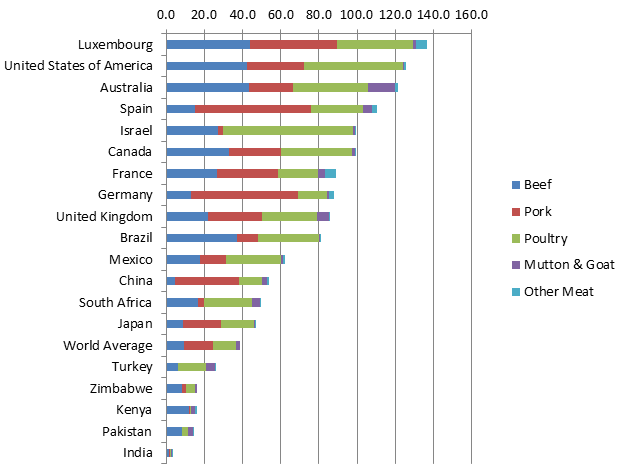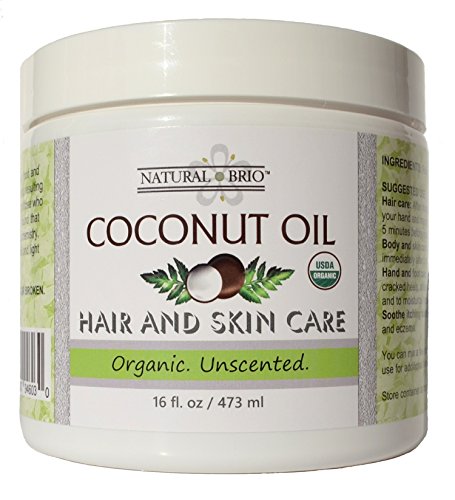Have you ever though about how vital water is to life? It’s in every plant, animal, person and living organism known to man. I’m sure at some point in your life you’ve been told to drink eight, 8 oz glasses of water daily in order to stay hydrated. That would be because we as adults are roughly composed of 55-60% of water. According to Robert Krulwich, a new born baby is 75% water and we “dry” as we age. We as humans almost mirror our very own planet. According to the U.S. Geological Science’s Water Science School, 71% of our earth’s surface is covered by water. It is all around us, inside of us and even in the ait we breathe though we cannot see it. If there is such an abundant source of water in the world we live in, why are we facing the possible golbal threat of whether or not we’ll have enough drinking water for our future generations? I think it is unacceptable for us as humans to even have to ask ourselves that question. However, it’s important that we bring it up because it sparks a chain reaction of following questions such as “What is happening to our water?” and more importantly “What can we do to make an improvement?”
Knowing how crucial water is to all life, one would think that it would be respected and used sparingly. However this hasn’t been the case. I want to acknowledge one component in particular that very much aids in our water consumption. Agriculture plays an enormous part in our consumption of water not only in the U.S. but the world as a whole. According to the United States Department of Agriculture (USDA), an approximate 80% of the nation’s water use is from agriculture. It even shoots above 90% in some of the Western states. Nature.com says that of all the water on earth, only 3% is freshwater. Another source, wwf.panda.org, then says that agriculture alone takes up an approximate 70% of our plant’s freshwater. Some may think that 30% is a sufficient amount but the problem with that is the world population is increasing and will continue to for decades.According to the United Nations Department of Economic and Social Affairs, the projected world population for the year 2050 is 9.7 billion people. Will 30% be enough when there are almost 3 billion more people on the planet? But why is so much water needed for this? Well there’s irrigation, the watering of the seemingly endless multitudes of crops. The animals need water as well. Think about how much water is used daily just to satisfy their needs. This is what is happening to our water. At the rate that the world is going, something needs to change so that water is being distributed more properly.

What can we do in order to make a change? One thing to do would be to eat less meat. I’m no vegetarian but I must say that as a nation we eat a lot of meat. According to sustainabledevelopment.un.org, we eat more meat than almost every other nation in the world. Agriculture is only expanding, meaning that natural forest are being destroyed fro the purpose of raising livestock. Again, with the population growing the demand for meat will only get higher meaning more agriculture, etc. We see how this domino effect is certainly a detrimental one. What we can do is eat smaller portions of meat, allowing more acres of land to become crops planted for us, rather than become feed for the animals we intend to eat. It can certainly be difficult to eat less meat but something has to change. A decrease in the demand of meat could certainly make a positive change in the world.

Image from globalfoodpolitics.wordpress.com
If we want to make a change for our world, ourselves and the future generation we will need to take action. Our water is being depleted and distributed improperly and it is imperative that we make an effort ensure that there is more freshwater available for the human population. We clearly see what is going on because its happening right in front of our eyes. It just takes looking at it from a different view to really understand the depth of what’s occurring. If we can muster up the effort to bring some change into our lifestyles and maybe start with eating less meat, we can without doubt have a positive impact on our planet.
What it Takes to Make One Hamburger

Image from npr.org
Source:
http://www.un.org/en/development/desa/news/population/2015-report.html
Pics:






